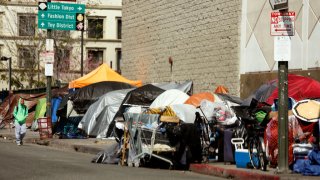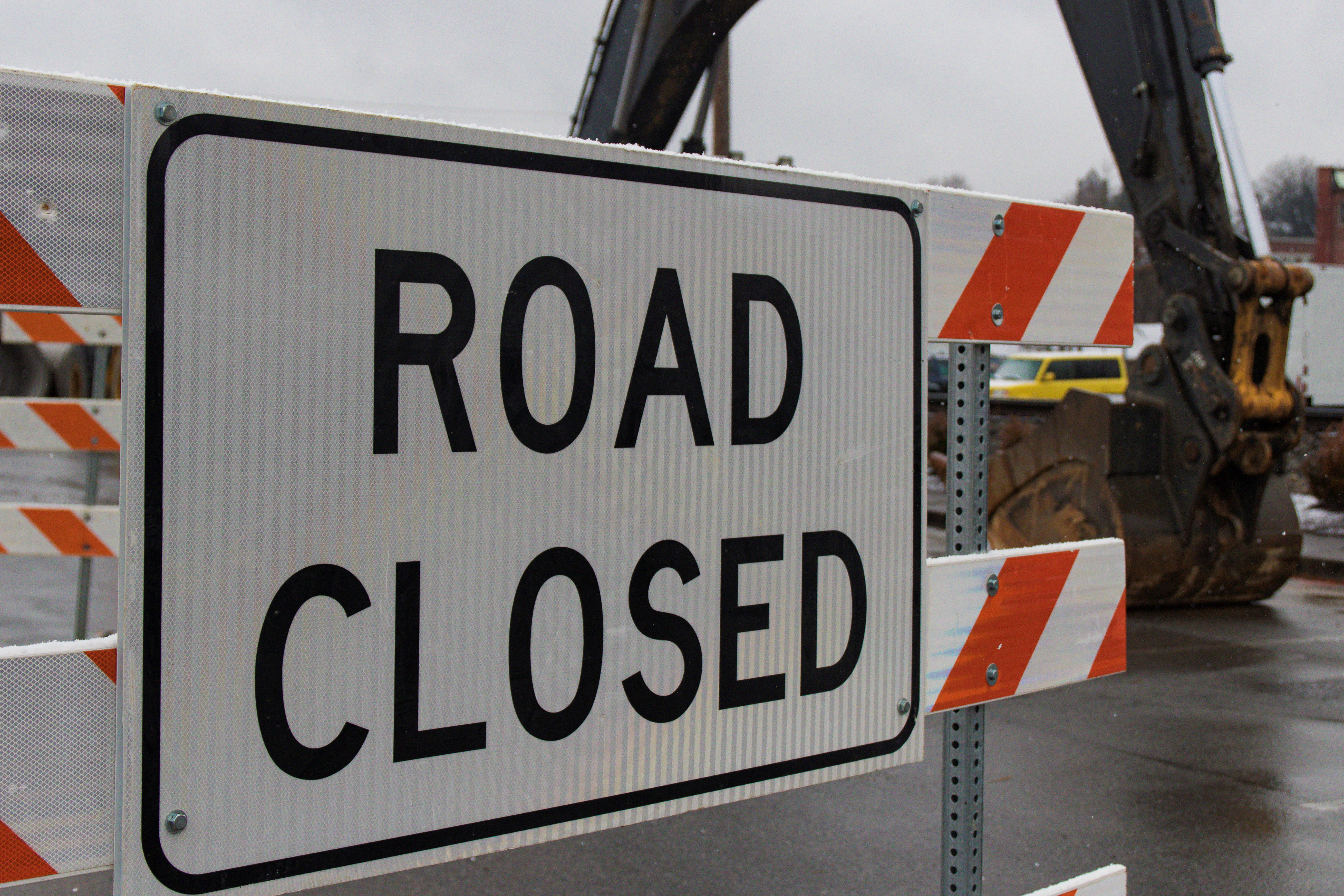
A judge Tuesday issued a temporary restraining order directing the city of Norwalk to comply with state and Los Angeles County efforts to temporarily place homeless people considered vulnerable to the coronavirus in a specified motel.
Los Angeles Superior Court Judge Samantha Jessner, who issued her ruling a day after hearing arguments in the case, said that on balance, the interests of the county in implementing a state order under Project Roomkey to safely house the homeless during the pandemic outweighed any harm the city could suffer.
The judge's order applies only to the one motel eyed by the county. Louis "Skip'' Miller, an attorney for the county, said he had no objections to the limitation.
"That's the motel they want to get going on,'' said Miller, who along with attorney Arnold Alvarez-Glasman, on behalf of the city, communicated with the court by telephone because of the court's limited operations due to COVID-19 concerns.
Miller said the TRO allows the county to begin moving the homeless into the motel immediately. He said the ruling should "cause any other city to think twice and not do what Norwalk did.''
Jessner, who ruled from the bench, also set a July 2 hearing on whether the county should be granted a preliminary injunction on the same matter. That hearing will be before Judge James Chalfant.
Local
Get Los Angeles's latest local news on crime, entertainment, weather, schools, COVID, cost of living and more. Here's your go-to source for today's LA news.
Until Tuesday, Norwalk had resisted the county's efforts to secure temporary emergency housing by enacting legislation "directly contrary to, and in violation of, (Gov. Gavin Newsom's) declaration of an emergency and his issuance of executive orders,'' according to the county's petition filed Thursday.
Last Tuesday, the city directed a participating hotel to withdraw its contract with the county and threatened to take immediate action to revoke its permits, business licenses and other municipal entitlements, according to the petition.
At an emergency meeting of the Norwalk City Council that same day, the city enacted an ordinance asserting local control over land use and related activities during the current state of emergency, the suit says.
The county's petition described the ordinance as "a self-described moratorium with the express purpose to prohibit owners and/or operators of hotels and motels located in the city from converting or utilizing businesses or properties for homeless housing purposes or uses for COVID-19 housing or related uses or purposes without prior city approval.''
In his court papers, attorney Arnold M. Alvarez-Glasman, on behalf of Norwalk, said the city was not trying to block the county's efforts to help the homeless considered vulnerable to the coronavirus.
"The city has not taken any court action to restrain or block the county's efforts,'' Alvarez-Glasman wrote. "The city is making a reasonable request to have a seat at the table with the county and hotel/motel property owners to ensure important safety, building, land use, zoning and CEQA impacts are addressed.''
Under the California Emergency Services Act, the state has the authority to direct counties and cities to take action to protect people and property, and they are required to comply, according to the petition.
Project Roomkey was created to save the lives of California's most vulnerable residents and protect others from infection and the governor has directed counties to secure emergency temporary housing for individuals experiencing homelessness who are at risk of contracting COVID-19, including by utilizing private hotels and motels, the petition states.
Miller said during the hearing that he hopes disputes that may arise with any other cities can be resolved without litigation, after saying he heard Lynwood and Bell Gardens are pondering moves similar to those of Norwalk.



